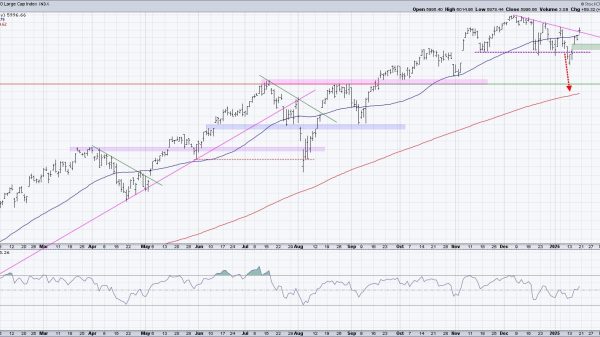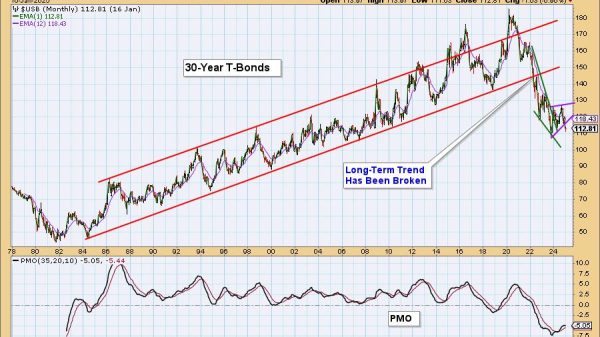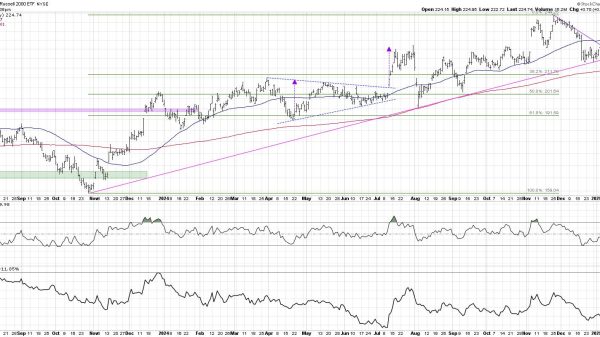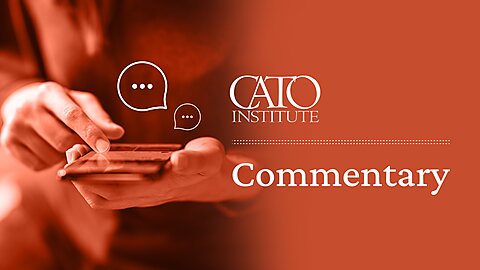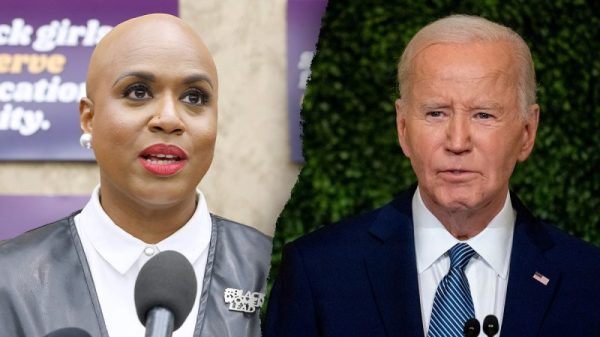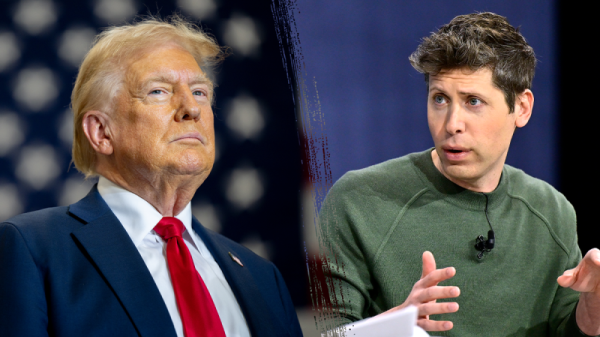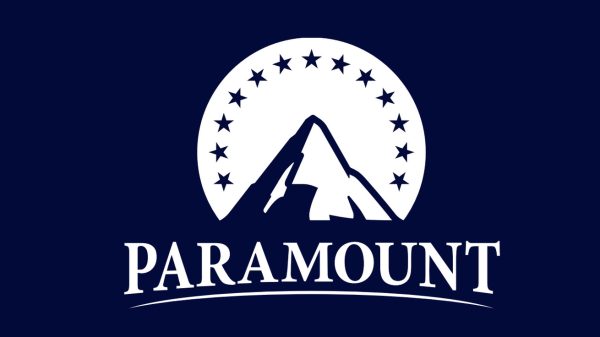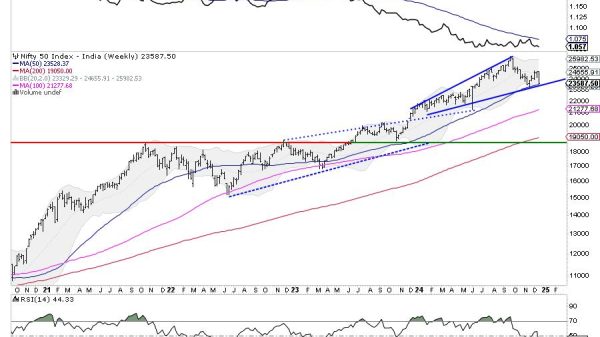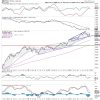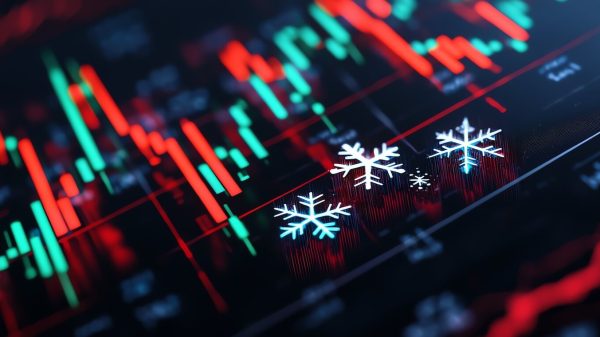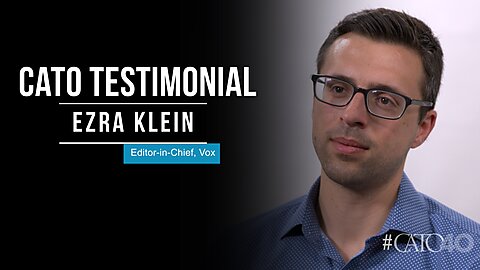Today, December 17, we’re releasing the tenth edition of the annual Human Freedom Index, which we co-publish with the Fraser Institute. The report paints a picture of the state of global freedom and freedom within 165 countries, drawing on 86 indicators of personal, economic, and civil liberties dating back to the year 2000.
The index reflects our belief that freedom should be measured carefully because it has inherent value and because it plays a central role in human progress. We define freedom as the absence of coercive constraint and think of it as a social concept that recognizes the dignity of the individual.
The following findings come from this year’s report—coauthored by Matthew Mitchell, Ryan Murphy, Guillermina Sutter Schneider, and me—and from a decade of publishing the index.
- The top three countries in this year’s report are Switzerland, New Zealand, and Denmark; the bottom three are Iran, Yemen, and Syria, in descending order. The United States ranks 17th; it was 7th in the year 2000.
- The high point in global human freedom since 2000, measured on a population-weighted basis, occurred in 2005–2007. It was followed by a slow decline in the aftermath of the global financial crisis and then a precipitous decline in 2020 with the outbreak of the coronavirus pandemic, setting any gains to global freedom back more than two decades. Global freedom saw a small improvement in the third year of the pandemic, 2022, the last year for which we have internationally comparable data.
- Compared to 2007, most countries are less free, having lost a significant amount of economic or personal freedom or both.
- Human freedom is strongly and positively related to well-being, including income, innovation, social tolerance, environmental performance, levels of charity, life expectancy, lower child mortality, etc.
- Economic and personal freedom are strongly related. If you value high levels of personal liberty (such as freedom of expression, religion, or personal lifestyle choices), you should value a relatively high level of economic freedom, which is supportive of the other freedoms.
- The world suffers from a high degree of inequality in freedom. Only 14.1% of the world’s population lives in the top quartile of countries in the index. Fully 77% of the world’s population lives in the least free countries in the bottom half of the index.
- Nicaragua, Syria, Turkey, Hong Kong, and Hungary are among the top ten jurisdictions that have seen their freedoms decline most since 2007, the year that marked the high point in global freedom.
- Out of ten regions, the Middle East and North Africa are the least free and are some of the regions that saw their freedom fall since 2000.
- Global freedom of expression has been on a long-term decline since 2000 and is the category of freedom that saw the greatest drop since that year.
I’m pleased to say that we’ve improved the index over time, especially in recent years, as we’ve been able to draw from more and better data sources, expand our years of coverage, and update our methodology. For that reason, I’m pleased also that the report is increasingly becoming a useful reference or research tool for journalists, scholars, and non-specialists.
To learn more about your country or the above or many other findings, see the index here.

